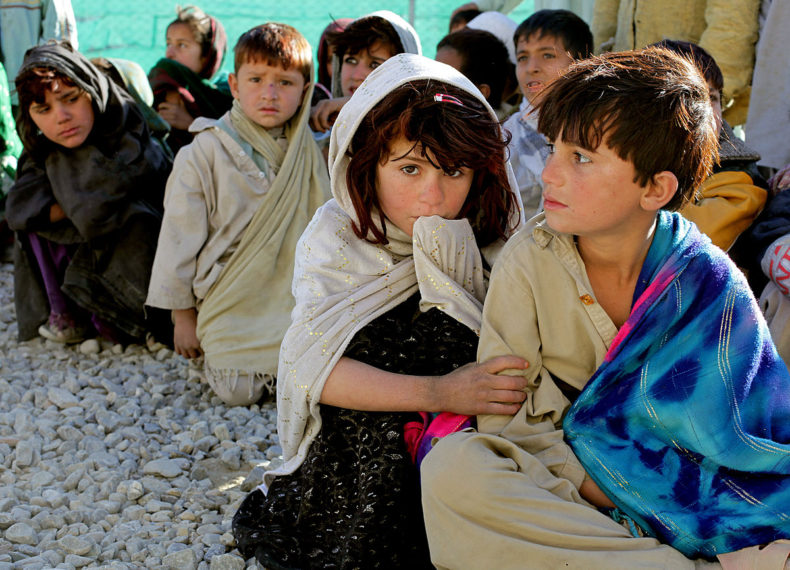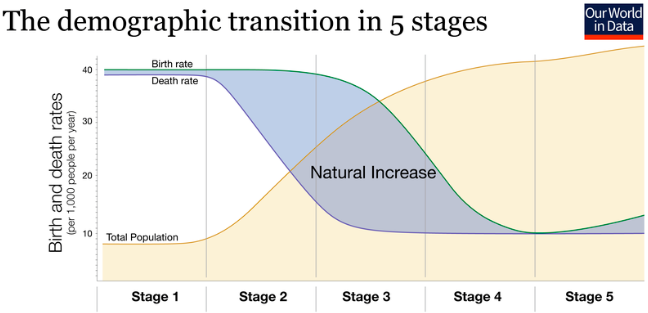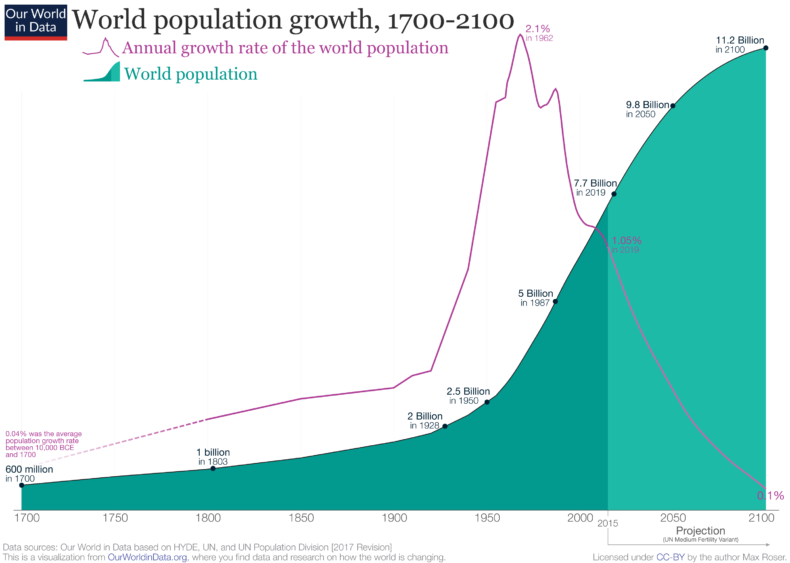
Being married to an economist means many things. For one, it means losing a lot of arguments. Economists are like the physicists of the social scientists. They insist that, when you boil off everything else, their discipline is the one the perfectly describes how everything works.
It also means that you get to hear a lot about bizarre concepts built out of words that you recognize. This seems to be a feature of all social science. I understand what “systems” are and I know the word “change,” but put them together and they mean something utterly baffling.
Capacity building, transaction costs, simulated warfare, informal institutions, rent-seeking – all of these seem simple enough when you read the words but quickly devolve into nightmarish labyrinthine rabbit holes when you make the mistake of googling them. They should take a cue from physicists and just invent new words.
So, I’ve stopped listening. Or, more accurately, I’ve deciding to take these weird phrases at face value. “Underdevelopment, uh huh, imperfect information, sure, public choice theory, – yeah totally.” I assume the first is about puberty, the second is about stupid people and the third has something to do with choosing a Porta Potty at a concert.
Which is why I snickered when my wife mentioned the importance of the “youth bulge.” Mexico, it seems, is not taking advantage of its youth bulge properly and is losing out on opportunities. The only bulges I remember from my youth were just embarrassing.
But, like all the rabbit hole phrases my wife uses, it’s actually a truly incredible concept and may decide the final size of the world’s population.
It turns out that the decision to have children (and how many) is a very strategic and practical one in many parts of the world. You see, without savings or a working social security system, women’s retirement is based on the number of kids they have, especially boys.

More specifically, you need at least one boy who likes you and makes a decent living to survive to adulthood. Assuming at least one kid will hate you and/or never amount to much, you will need two total. Assuming a high child mortality rate, you might need anywhere from three to five gross boys to net one useful one. Girls don’t seem to enter the equation in most developing countries.
I kid you not, this is the way economists talk when they are not using terms like “rational choice assumptions.” Usually after a couple drinks.
But here’s where it gets interesting. If a country gets decent sanitation and medicine, the child mortality will plummet and eventually so will the number of kids people have. It doesn’t even have to be tied to a country’s wealth, it’s just about child mortality.*
I always assumed development had something to do with making more money but that’s the trap of living in a developed country. I asked my wife, “sure, but couldn’t you have a country develop and still have high child mortality?” She looked hard at me.
“Can you think of a better definition for ‘development’ than lowering child mortality?” she asked. I couldn’t.

But, when you lower child mortality, families still operate under the old rules for a generation or so. And you have this balloon of young people surviving to adulthood. The youth bulge. If you can get them into jobs, as the US did with the Baby Boomers, it’s like a shot of steroids for the economy.
The same process can be seen in Scandinavia, Japan, Western Europe, South Korea, Central Europe, Brazil and maybe Russia (which may have actually stepped past that stage to a yet-uncategorized stage of shrinkage). Young, bulging people creating ever more wealth and fewer dead children.**

It’s the closest thing to a physical law you can get in social science. It has to happen. But, what happens if there are no jobs for them to take? The balloon expands but there is no place for it to go. Two objects cannot occupy the same space at the same time.
So you have a generation of highly-educated, bulging youth ready to juice up the economy but with nowhere to go. Now you have Syria. Now you have Mexican cartels.
But, if development proceeds as it should, the youth bulge ends in a stable population. Hopefully, the economy lifts the poor into a middle class. And what’s crazy, this is happening almost everywhere in the world at some stage, like a bizarre choreographed dance where one person starts as another slows down.
This is leading to a moment demographers call “peak child,” a theoretical threshold when the percentage of children on Earth holds and then drops. As such, the bulge determines the eventual size. So to speak.

Thus, the whole world will finish its transition at about 11 billion. Like clockwork. It’s a big number and arguably more than this little world can hold. But it’s at least comforting to me that in this chaotic world at least a few things are predictable. And, as any physicist can tell you, prediction is the key to understanding.
Image Credit: Andrew Smith, Peter Klashorst, Martin Falbisoner, Max Roser
Final Note: My wife would like the world to know that she is not an economist and is outraged I would call her that. She is a political economist. Which is a totally different thing. Obviously.
* And women’s education. The theory being that if you raise earning power, you change the calculus for what a woman needs to survive in their old age. Kerala, India is the classic example.
** My new yardstick for development. The US, by the way, ranks at the bottom of developed countries in development.
Fascinating!
A few years ago I got hooked on the Gates Foundation annual report. In one (2 yrs ago?) Melinda Gates focused on empowering women as the key to lifting countries out of poverty. Iirc, the only countries that have lifted themselves out of poverty in the last half century have done so only after first empowering women: education, work opportunities, birth control. When this happens, poverty declines and the birth rate declines in step. GDP wealth also increases, and disease declines. Is this what your wife sees too?
I wish they’d taught this sort of stuff in my Econ classes. I feel like there are ways that the world works which we should all know because they would change how we valuate various things like the charities we support, political policies we rally for, etc…